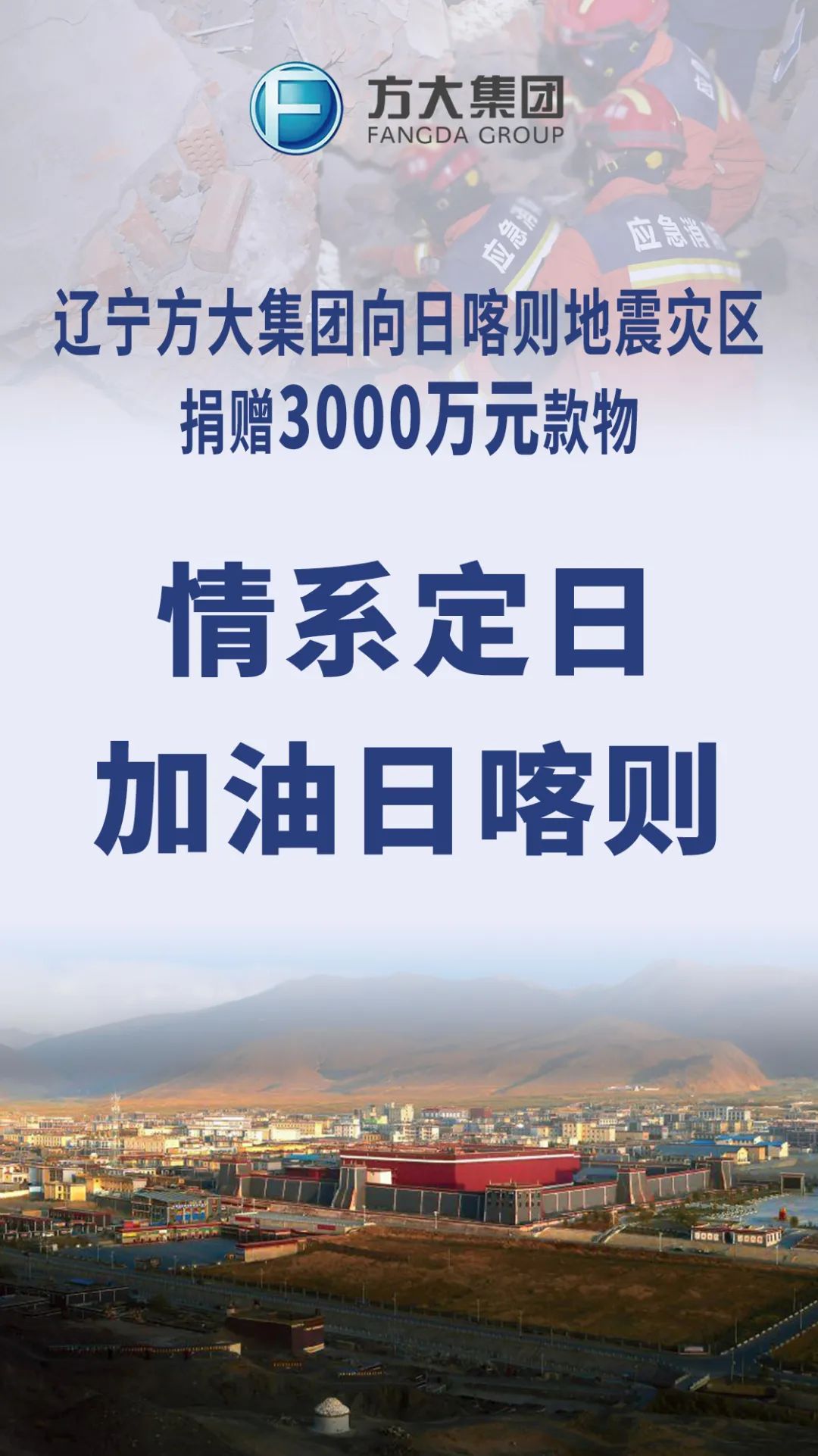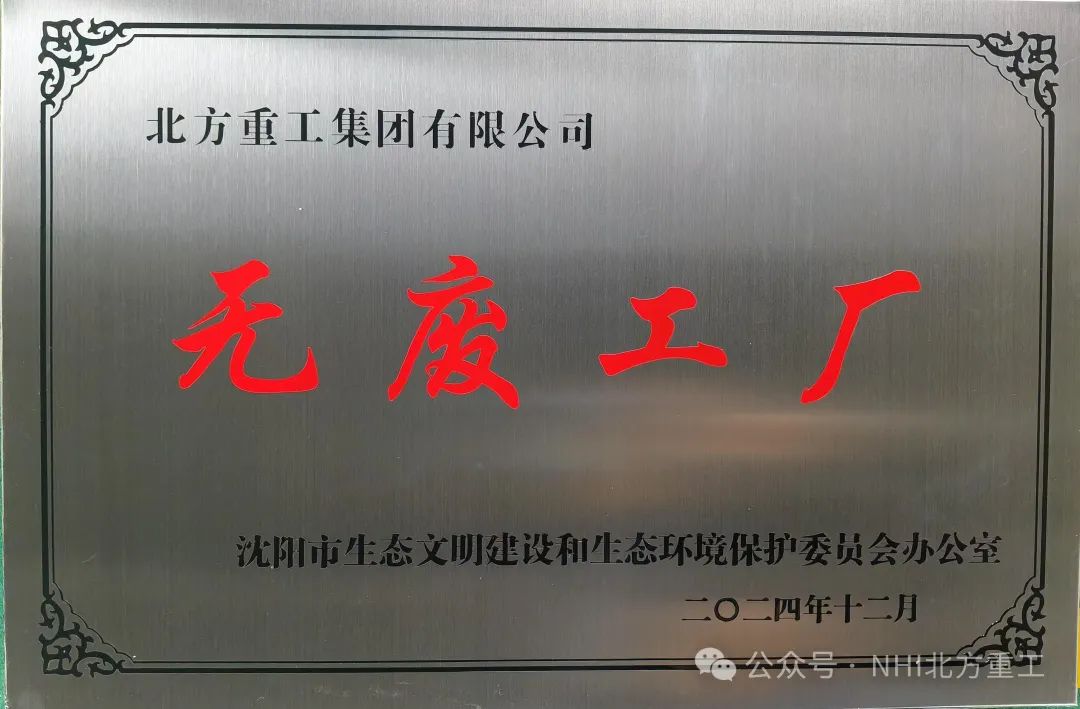At 09:05 Beijing Time on January 7, a magnitude 6.8 earthquake struck Dingri County, Shigatse City, Tibet, causing significant casualties and collapse of numerous houses. The disaster has continuously tugged at the hearts of all sectors of society.
On the same day of January 7, the Board of Directors of Liaoning Fangda Group urgently arranged a deployment, donating 20 million yuan in cash and 10 million yuan worth of rescue supplies to the earthquake-stricken area through the Shigatse Charity Federation and Red Cross Society. The supplies include food, beverages, winter cotton clothing, basic garments, and other essentials, earmarked for emergency rescue, livelihood security for affected residents, support for frontline rescuers, and post-disaster reconstruction. Among them, the 20 million yuan in cash was fully delivered by the morning of January 8, and the 10 million yuan worth of supplies were urgently raised, loaded onto vehicles, and dispatched to the Shigatse disaster area on January 8.
In recent years, Liaoning Fangda Group has consistently practiced the corporate tenet of "taking from society and giving back to society" with concrete actions. The cumulative donations and investments in public welfare, poverty alleviation, rural revitalization, and social responsibility have exceeded 5.5 billion yuan, demonstrating the responsibility of new-era private enterprises with practical actions.

On January 2, Northern Heavy Industry Group Co., Ltd. was awarded the title of Shenyang's "Zero Waste Factory" for 2024. This honor not only represents high recognition of NHI's environmental practices but also signifies a weighty responsibility.
NHI has long been aware of the environmental costs behind every piece of waste. The company has always focused on source control of solid waste to reduce generation, while tapping into the potential of resource recycling to give "new life" to discarded materials—drawing green lines from the very beginning of production.
Moreover, the enterprise takes social responsibility by actively promoting the "zero waste" concept, demonstrating green standards through its own actions, guiding employees to form daily habits, and driving upstream and downstream industries to prioritize environmental protection in production processes. Under NHI's leadership, resource conservation is no longer an empty slogan—green and low-carbon practices have been integrated into daily operations.
In the future, NHI will continue to deepen its efforts in the "zero waste" field, join hands with all sectors to pool green forces, and help Shenyang move towards a cleaner and more livable ecological city.
